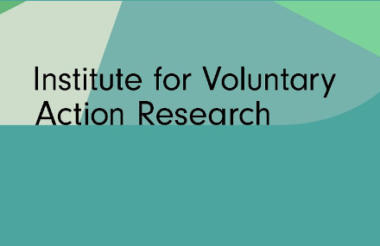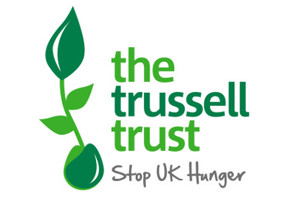Leaders are conscious of the need to protect their staff from burnout, according to a briefing on the challenges charity leaders are currently facing during the Covid-19 crisis.
The briefing was published by the Institute for Voluntary Action Research (IVAR) and is the fourth in its series. IVAR heard from 28 charities between 17 and 23 April through online support sessions.
Charity leaders talked about the pressures and emotional impact of steering their organisations through the current Covid-19 crisis.
The briefing finds that voluntary, community and social enterprise (VCSE) leaders are dealing with complex situations in which multiple new problems have arisen at once.
Leaders are trying to protect staff and volunteers against burnout, as many are facing challenges in their day to day lives as a result of the pandemic. These challenges surround childcare, caring responsibilities, isolating home working and many other factors.
Rising and changing demand for services
One of the other main concerns raised by leaders is the rising and changing demand for services. Leaders fear that needs will continue to rise as the Covid-19 lockdown continues.
The report also finds many leaders are concerned about declining unrestricted income and planning in uncertainty.
Funders and fundraising professionals are concerned over emergency funding and the fracture between emergency and ongoing funding.
The IVAR report highlights the importance of “joined up thinking” between emergency funding and other funding streams.
“There is a risk of treating Covid-19 as an isolated event with its own distinct issues. However, many of the problems thrown up by this crisis are an amplification of pre-existing inequalities and deep-seated social ills. So, the past, the current and the future are inextricably linked, not separate and funding strategies will need to mirror this,” it states.
The report asks funders to provide as much assurance as possible beyond the immediate emergency.
“Uncertainty about funding is a fact of life for small VCSE organisations. But most of the mechanisms they use to manage financial risk have suddenly disappeared,” it adds.
Power to change report: Locally rooted community organisations play central role in tackling the crisis
A separate report, Local Heroes: How to Sustain Community Spirit Beyond Covid-19, published by Power to Change, presents a set of six insights into the initial community response to the crisis.
It said mutual aid works best at the micro-level and that mutual aid at scale needs community organisations. It adds that community spirit is everywhere, but some places need more support and that community organisations have changed quickly to meet local needs.
Lastly, the report finds that bigger institutions rely on community organisations to respond well and that trading community organisations are falling through the cracks.
The report states: “These insights demonstrate the central role being played by locally rooted community organisations in tackling the crisis and ensuring people’s wellbeing.
“That has huge implications for public policy. It confirms a fact which some have long been insisting on, but which is still often dismissed as marginal – that it is communities themselves, in real strategic partnership with the local state, who are best placed to meet public need and to ensure the long term sustainability of local economies.”
Related articles
Coronavirus: What charities need to know
Latest news, analysis and advice about the coronavirus for charities and social enterprises.













